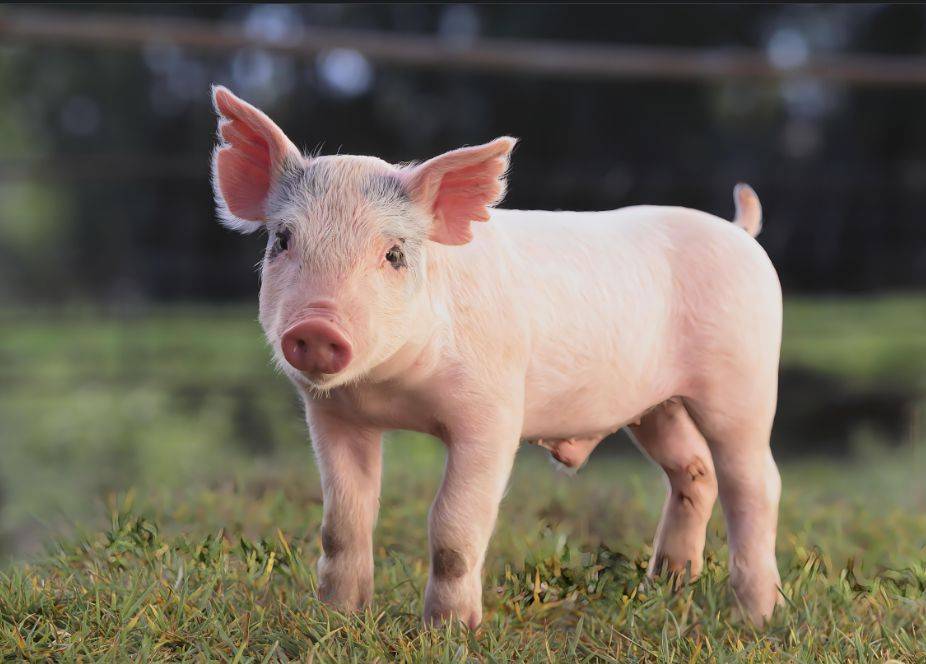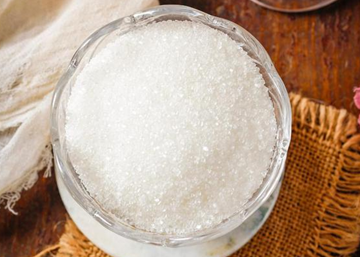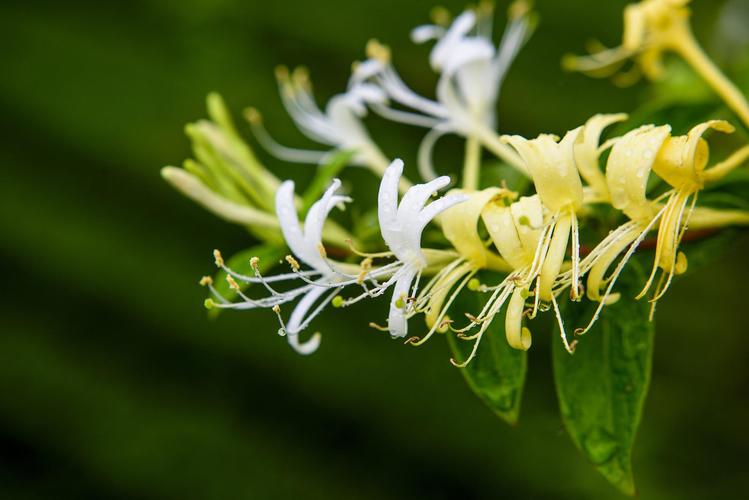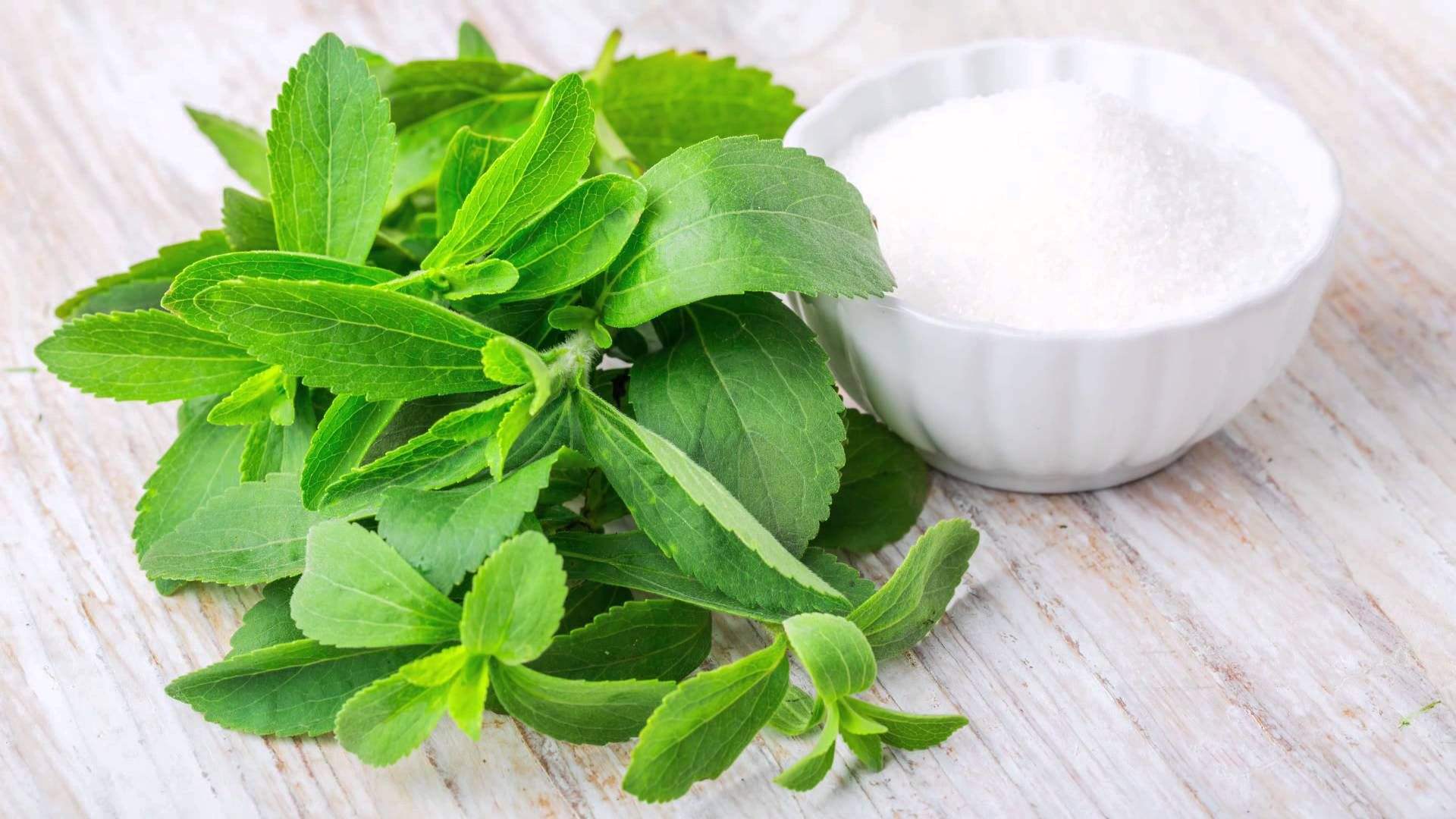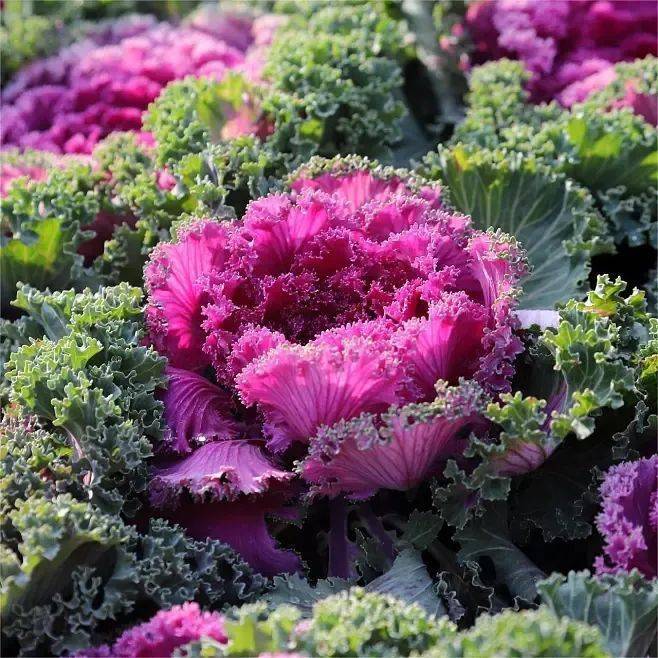Follow Us:
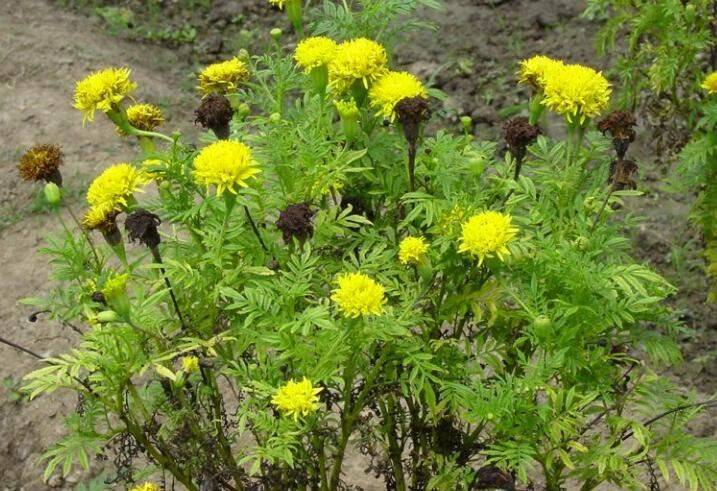
What Are Botanical Pesticides?
What are Botanical Pesticides
Botanical pesticides are natural products that are effective against bacteria, fungi, nematodes, viruses and insect pests. They are highly biodegradable, have varied modes of action, are less toxic to humans, are non-pollutant and they are readily available in the environment.
Botanical pesticides even in their crude form have been demonstrated to possess insecticidal properties [7]. Piper nigrum, Cinnamomum zeylanicum and Cinnamomum cassia are strong repellents to thrips (Megalurothrips sjostedti) while formulations of extracts from Piper retrofractum, Annona squamosa and Aglaia odorata decreased population of Crocidolomia paronana and Plutella xylostella in cabbage [2]. Application of these extracts had no toxicity to the natural enemies of the insect pests [29]. According to Ogah [105], Azadirachta indica and Allium sativum extracts effectively decreased populations of Maruca vitrata and Megalurothrips sjostedti on cowpea leading to improved grain yield. Nicotiana tabacum, Sinapsis arvensis and Cardaria draba were tested for effectiveness against Trogoderma granarium and proved efficacious in decreasing populations of the pests in stored wheat grains. Cardaria draba was very effective against larval stages of the pest [133]. Insecticidal activity against Tribolium castaneum was exhibited by extracts of Pegaum harmala, Ajuga iva, Aristolochia baetica and Raphanus raphanistrum. The extracts acted by disrupting the insect developmental cycles and inhibiting production of F1 progenies.
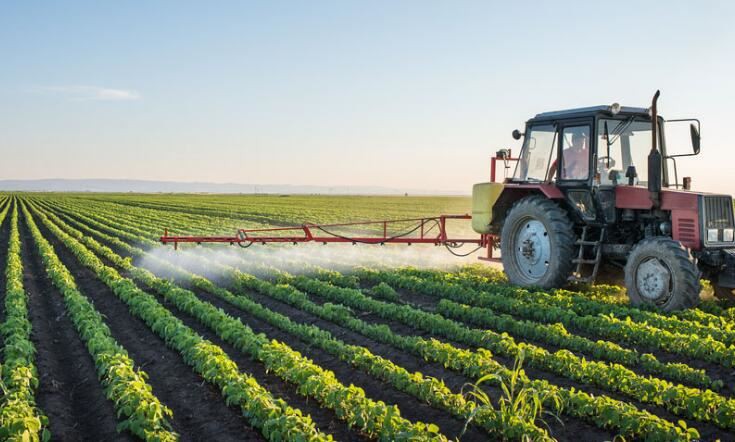
What are the benefits using Botanical Pesticides
Increased demand for food to feed the ever-growing population led to development and adoption of synthetic chemicals as a quick and effective strategy of managing crop pests and diseases. However, overreliance on synthetic pesticides is discouraged due to their detrimental effects on human health, the environment, and development of resistant pest and pathogen strains. This, coupled with increasing demand for organically produced foods, stimulated search for alternative approaches and botanical pesticides are particularly gaining importance. Botanical pesticides are efficacious in managing different crop pests, inexpensive, easily biodegraded, have varied modes of action, their sources are easily available and have low toxicity to non-target organisms. Their varied modes of action are attributed to the phytochemical composition in different plants.
Importance of Botanical Pesticides
Essentially, many of the benefits of choosing botanical insecticides such as pyrethrins (PyGanic®, EverGreen®), Neem, Sabadilla, Azadirachtin (Azera®), etc. are centered on the fact that they do not pose the same environmental threats that the synthetic versions do.
Most botanical insecticide compounds are non-phytotoxic.
Since most botanically-derived insecticidal compounds have ingestion or stomach-based modes of action, they tend to be more selective to insect pests and less aggressive to beneficial natural enemies, people, pets, or livestock.
These biologically-occurring compounds generally utilize multiple modes of action against insect pests.
The complexity and lack of uniformity in the compounds and concentrations of the active ingredients helps to reduce the risk of pests developing pesticide resistance.
Botanically-derived insecticides can be OMRI Listed for organic use, if the compounds are sourced from organically grown plants. (MGK’s PyGanic® Specialty, PyGanic® Gardening, Azera® Pro and Azera® Gardening are great examples.)
The more rapid degradation of the naturally-occurring, botanically-derived active ingredients in botanical insecticides is a benefit for a number of reasons:
This helps protect the health of growers and staff, as the toxic substances tend to degrade relatively quickly via sunlight, so reentry periods are often very short.
Less of these substances will persist to run-through into the ground water.
For edible crops, this means that the products can often be used shortly before harvest.
This lowers the threat to beneficial insects such as pollinators, as botanical insecticides can be applied in the evening after pollinators are no longer active, and UV light will naturally degrade the active ingredients before the pollinators become active again the next day.
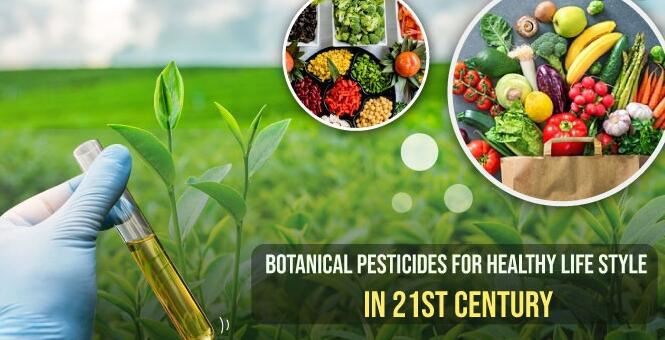
Botanical Pesticides advantages and disadvantages
They have the following distinct advantages: I. As the active ingredients contained in them are natural substances, not synthetic chemical substances, with smooth degradation pathways in nature after application, there is less pollution to the environment; II. As the botanical insecticides have many insecticidal ingredients with special modes of action, it is difficult for the pests to develop pesticide resistance; III. They generally have features of strong selectivity, low toxicity to human, livestock and natural enemies and relatively low development and use costs.
The botanical pesticides also have some disadvantages, e.g. most of the compounds of natural products have complex structures and are difficult to be synthesized or the costs of synthesis are too high; The active ingredients are liable to be decomposed and the preparations have complex compositions and are not easy to be standardized; The effects of most of the botanical pesticides are slow, which leads to the situation that some farmers think that the applied pesticides don’t work. The large number of spraying times and the short residual period are not easy to be accepted by the farmers; Due to the regional plant distribution, there are many limiting factors for the selection of processing site; The plant collection is obviously seasonal.
The botanical pesticides are generally aqueous solution and are liable to be decomposed in the action of sunlight or microbes with a short half-life, quick residue degradation, and poor enrichment mechanism after ingested by animals. Therefore, pesticide hazards generally won’t be caused in case of using large amount of botanical pesticides and the pollution caused by the pesticides to the environment will be reduced correspondingly. So they are real nuisanceless pesticides. Meanwhile, the botanical pesticides also have nutrient effects on the crops and can increase the nutritional value of agricultural products. Therefore, as the demand of people on green food becomes increasingly intense, the understanding of people on the botanical pesticides becomes deeper. (Professor Xu Qiyun, Gao Yan and Hu Meiying Laboratory of Insect Toxicology, South China Agricultural University).
Are Botanical Pesticides safe
Your second line of defense for dealing with insects, these natural pesticides have shorter half-lives and less toxicity as commercial chemical spray. Use them when pest infestations are too advanced for immediate non-toxic options. Botanical insecticides — derived from plants which have insecticidal properties — have fewer harmful side effects and break down more quickly in the environment than synthetic chemicals. However, they are still toxic and should only be used after other least-toxic options have been tried.
What is the difference between synthetic and botanical pesticides
For the sake of clarity, natural pesticides refer to products that are derived strictly from sources in nature with little to no chemical alteration. Synthetic pesticides are products that are produced from chemical alteration.
Just send email to info@greenagribio.com , or submit your requirement in bottom form, we are of service at any time!
References:https://www.sciencedirect.com/science/article/pii/S2468227619308002
http://www.cdgreengold.com/en/info.aspx?ContentID=105
https://www.planetnatural.com/product-category/natural-pest-control/natural-pesticides/













